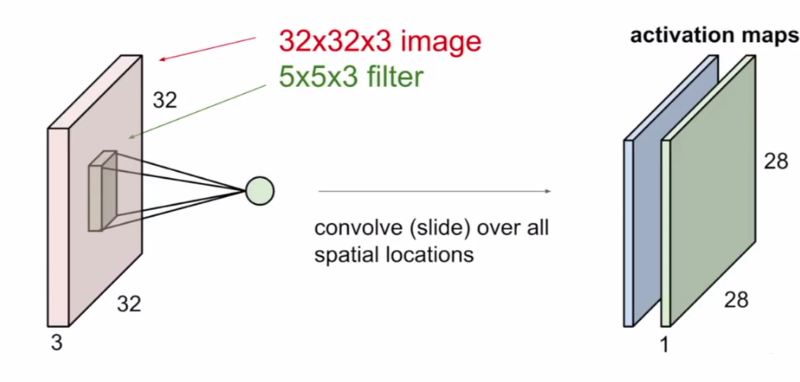Alvin Chan
Deep Learning Basics
A Crash Course
Personal Journey

Takeaways
- Parts of a DL project
- Implementation
- Build fashion classifier yourself
- Basic DL concepts


Deep Learning
- Branch of machine learning
Tensorflow
- Software library to implement deep learning


- Open-source Software Framework
- Uses CPU or GPU (or TPU)
- Build, Train & Predict with Deep Learning
Tensorflow
What's
CPU
GPU
ALU
CONTROL
CACHE
2000us/sample
216us/sample
10x Faster!
Colab
- https://colab.research.google.com
- Jupyter notebook with libraries
- Free GPU!!
Training a Model
- Dataset ~ Knowledge Source
- Model ~ Learner
- Optimizer ~ Correction mechanism
- Visualization
Dataset
- Image
- Text
- Graphs
- etc



Model
- With layers of 'neurons'
- Dense layer
- Convolutional layer
- Recurrent layer
- etc


Optimizer
- Adjust learned 'knowledge'
- Examples
- SGD
- ADAM


A neuron
input_1
input_2
input_3
output
param_1
param_2
param_3
+
+
=
output
input_1 * param_1 input_2 * param_2 input_3 * param_3
'Rectangle' neuron
length
breadth
brightness
perimeter
x0
x2
x2
length
breadth
Deep learning
input_1
input_2
input_3
output

- Dense Layer
- Convolutional Layer
- Recurrent Layer
- Many more..
of neural layer
Types
Dense layers

Dense Layer 1
Dense Layer 2
Example
- https://playground.tensorflow.org/
- https://colab.research.google.com
- mnist-basic_classification_final.ipynb: https://bit.ly/2H3mCga
Links
- https://slides.com/alvinchan/tf-spug
Dense layers

Dense Layer 1
Dense Layer 2
Convolutional layers
input_1
input_2
input_3
output_1
input_4
input_5

step 1
Convolutional layers
input_1
input_2
input_3
output_1
input_4
input_5

output_2
Step 2
Convolutional layers
input_1
input_2
input_3
input_4
input_5

output_3
step 3
output_1
output_2

Parallel computations
Why
GPU
Deep learning for images

32 px
32 px


Source: http://cs231n.stanford.edu/slides/2017/cs231n_2017_lecture6.pdf

32 px
32 px
Convolutional layers
input_1
input_2
input_3
output_1
input_4
input_5

Deep layers
Source: http://cs231n.stanford.edu/slides/2017/cs231n_2017_lecture6.pdf

- mnist-basic_classification_final-with_hints.ipynb: https://bit.ly/2NsA12w
Notebook with Hints
- fashion-mnist-basic_classification.ipynb: https://bit.ly/2T3DE5d
Answer
Resources
- https://playground.tensorflow.org/
- https://www.tensorflow.org/tutorials
- https://www.coursera.org/specializations/deep-learning
- https://developers.google.com/machine-learning/crash-course/
Cheers!
Alvin Chan
https://github.com/cheeseprata/
twitter: @a1vinchan
Slides @ https://slides.com/alvinchan/tf-spug
Codes @ https://github.com/cheeseprata/tf-hands-on
https://forms.gle/8HuXTCiBAMrjSTPG8

Tensorflow Hands-on
By Alvin Chan
Tensorflow Hands-on
Get Started on Deep Learning: PUGS May 19 Meetup
- 950



